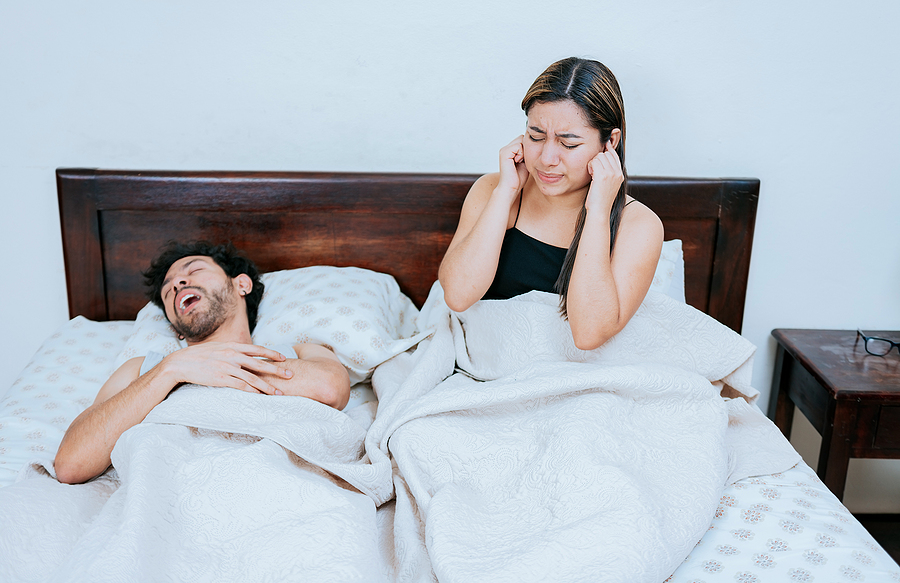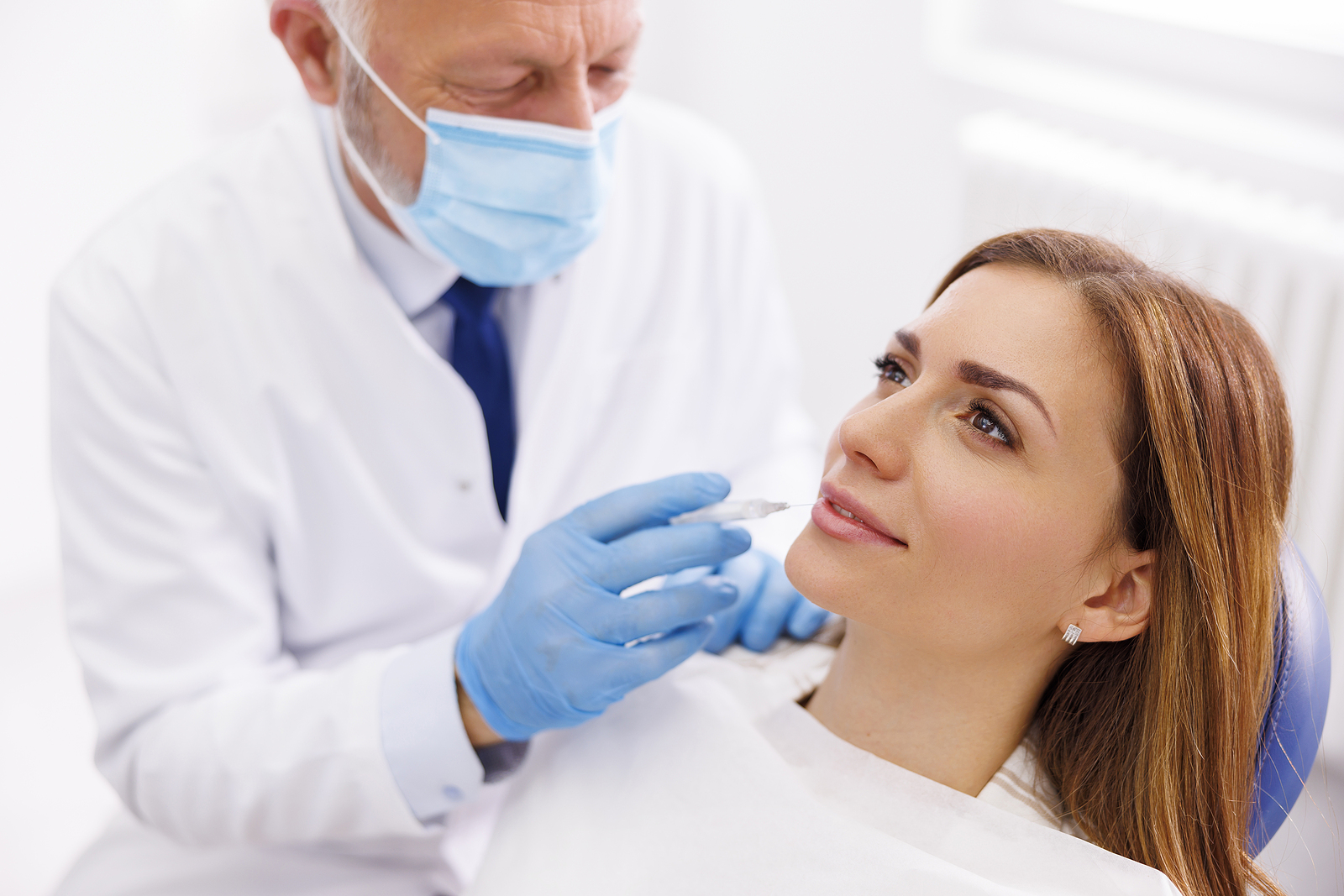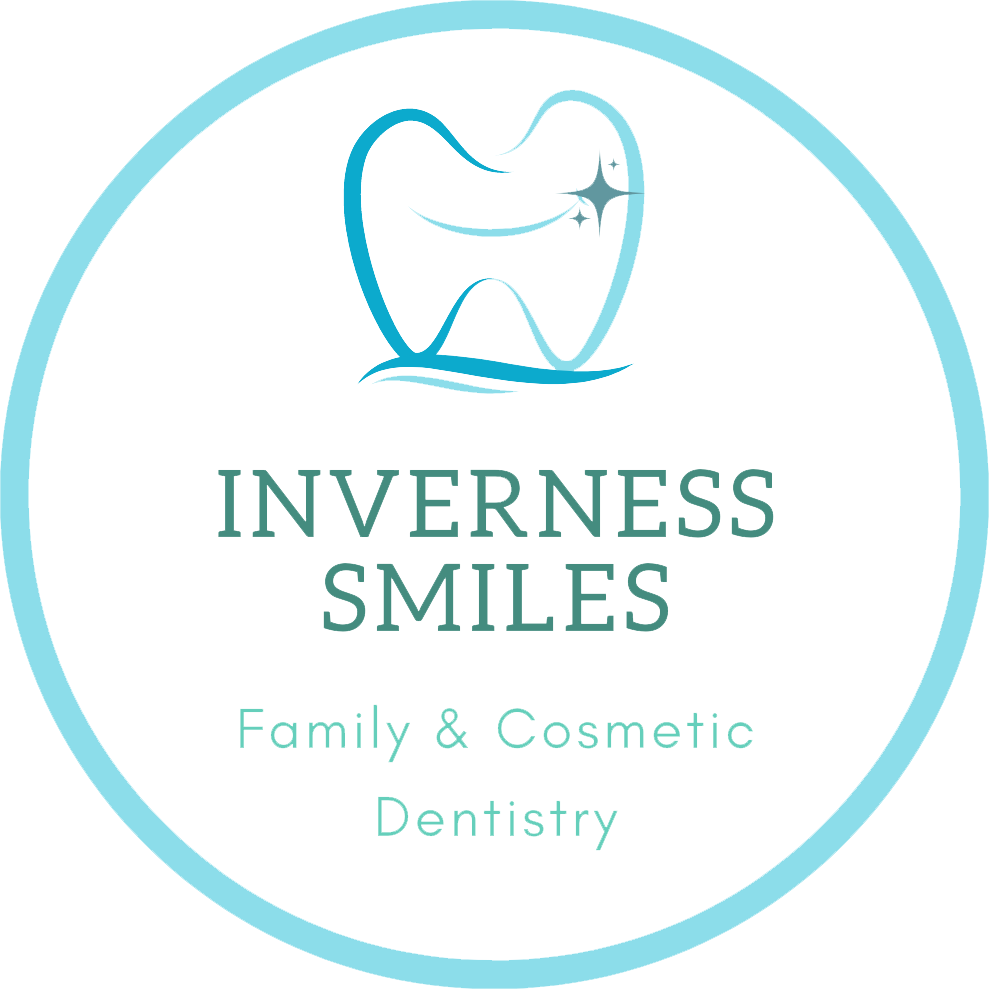![This is a thumbnail image of blog A Complete Guide: What to Expect on Your Routine Dental Examination This is a thumbnail image of blog A Complete Guide: What to Expect on Your Routine Dental Examination]()
A Complete Guide: What to Expect on Your Routine Dental Examination
Nov 26, 2023![Extractions in Birmingham, AL Extractions in Birmingham, AL]()
Tooth Extractions: Understanding the Procedure and Recovery Process
Feb 27, 2024![This is a thumbnail image of blog Did You Know That Good Oral Health Starts at Home? This is a thumbnail image of blog Did You Know That Good Oral Health Starts at Home?]()
Did You Know That Good Oral Health Starts at Home?
Nov 21, 2023![This is a thumbnail image of blog Don't Wait Until It's Too Late: The Benefits of Preventative Dentistry for Your Oral Health This is a thumbnail image of blog Don't Wait Until It's Too Late: The Benefits of Preventative Dentistry for Your Oral Health]()
Don't Wait Until It's Too Late: The Benefits of Preventative Dentistry for Your Oral Health
Apr 28, 2024![This is a thumbnail image of blog The Importance of Dental Bridges in Restoring Oral Function and Aesthetics This is a thumbnail image of blog The Importance of Dental Bridges in Restoring Oral Function and Aesthetics]()
The Importance of Dental Bridges in Restoring Oral Function and Aesthetics
Mar 27, 2024
How To Get Relief From Sleep Apnea

How To Get Relief From Sleep Apnea
Are you tired of waking up feeling exhausted, with a pounding headache, and struggling to focus throughout the day? If so, you might be one of the millions suffering from sleep apnea. This common sleep disorder can wreak havoc on your quality of life, leaving you groggy and irritable.
What is Sleep Apnea?
Sleep apnea is a sleep disorder that affects millions of people worldwide. It is characterized by pauses in breathing or shallow breaths during sleep, which can occur multiple times throughout the night. These interruptions in breathing disrupt the normal sleep cycle and can lead to various health issues if left untreated.
There are three types of sleep apnea: obstructive, central, and complex. Obstructive sleep apnea (OSA) is the most common type and occurs when the airway becomes blocked or collapses during sleep. Central sleep apnea (CSA) occurs when the brain fails to send proper signals to the muscles that control breathing. Complex sleep apnea syndrome (CompSA) is a combination of both OSA and CSA.
Causes of Sleep Apnea
Sleep apnea is a condition characterized by pauses in breathing during sleep. It can be caused by various factors, including:
- Obesity: Excess weight, especially around the neck area, can contribute to the narrowing of airways and increase the risk of sleep apnea.
- Genetics: Some individuals may have a genetic predisposition to sleep apnea. If your family members have been diagnosed with this condition, you may be more likely to develop it as well.
- Age: As we age, our muscles naturally lose tone and elasticity, including those in the throat and tongue. This can lead to an increased risk of blockage during sleep.
- Smoking and alcohol consumption: Both smoking and excessive alcohol intake can relax the muscles in the throat and interfere with normal breathing patterns during sleep.
- Nasal congestion: Chronic nasal congestion or allergies can obstruct airflow through the nose, leading to episodes of interrupted breathing during sleep.
- Medical conditions: Certain medical conditions such as heart disease, high blood pressure, diabetes, or hormonal disorders like hypothyroidism are associated with an increased likelihood of developing sleep apnea.
- Sleeping position: Sleeping on your back may cause gravity to pull down on relaxed throat muscles, narrowing air passages and triggering episodes of interrupted breathing.
Understanding these potential causes is crucial for identifying risk factors for sleep apnea and seeking appropriate treatment options tailored to individual needs.
Symptoms of Sleep Apnea
It's important to recognize the symptoms so you can seek proper treatment and find relief.
- One common symptom of sleep apnea is loud and chronic snoring. This occurs when your airway becomes partially blocked during sleep, causing vibrations in the throat that result in snoring sounds.
- Another significant symptom is excessive daytime fatigue. People with untreated sleep apnea often wake up frequently throughout the night, preventing them from getting restful deep sleep. As a result, they may feel excessively tired during the day, struggle to stay awake or concentrate on tasks, and even experience microsleeps.
- Morning headaches are also associated with sleep apnea. The lack of oxygen intake during episodes of interrupted breathing can lead to recurring headaches upon waking up.
- In addition, individuals suffering from this disorder may experience irritability and mood swings due to disrupted sleep patterns. They might also have difficulty focusing on daily activities or remembering things.
It's important not to ignore these symptoms as they can significantly impact your overall well-being and quality of life.
Treatment for Sleep Apnea
When it comes to finding relief from sleep apnea, there are several treatment options available. The right approach for you will depend on the severity of your condition and any underlying causes.
- One common method is continuous positive airway pressure (CPAP) therapy. This involves wearing a mask over your nose or mouth while you sleep, which delivers a steady flow of air to keep your airways open. CPAP machines can be highly effective in reducing symptoms and improving sleep quality.
- Another option is oral appliance therapy. This involves wearing a custom-made device that helps to reposition the jaw and tongue, keeping the airways clear during sleep. Oral appliances are often recommended for those with mild to moderate sleep apnea or who cannot tolerate CPAP therapy.
- Lifestyle changes can also play a significant role in managing sleep apnea. Losing weight, exercising regularly, avoiding alcohol and sedatives before bed, and sleeping on your side instead of your back can all help reduce symptoms.
- In some cases, surgery may be necessary to correct structural issues in the throat or nasal passages that contribute to sleep apnea. However, surgery is typically considered a last resort when other treatments have been unsuccessful.
It's important to work closely with our dentist to determine the best course of action for treating your specific case of sleep apnea.
Don't let sleep apnea control your life any longer - take action today and regain control over your nights! Visit Inverness Smiles: John Aiken, DMD, at 5291 Valleydale Rd, Suite 129, Birmingham, AL 35242, or call (205) 995-3989 to book your appointment.
Visit Our Office
Office Hours
- MON8:00 am - 5:00 pm
- TUE8:00 am - 6:00 pm
- WED - THU8:00 am - 5:00 pm
- FRI8:00 am - 1:00 pm
- SAT - SUNClosed






comments